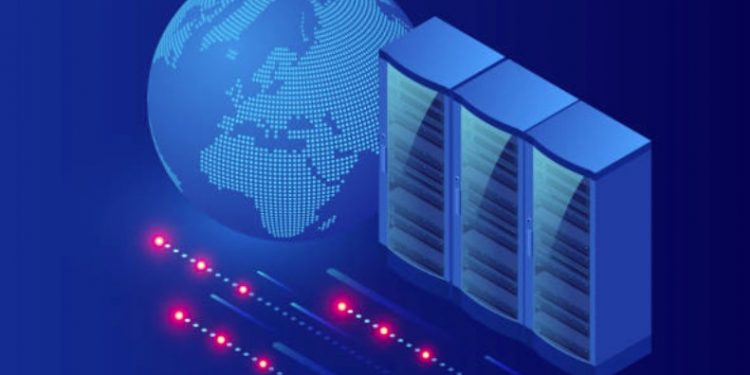As technology continues to evolve, the way we host websites and applications is also changing. In this article, we’ll take a look at some of the emerging technologies that are shaping the future of web hosting and how they may impact the way we create and access online content.
1. What is edge computing and how does it work?
Edge computing is a decentralized computing architecture that brings computing and data storage closer to the users and devices that need it. Instead of relying on a central server or cloud, edge computing uses a network of distributed servers located at the “edge” of the network, closer to the users.
One of the main benefits of edge computing is the improved performance and latency it can offer. Because the servers are located closer to the users, data can be accessed and processed faster, resulting in faster load times and better overall performance. Edge computing is particularly useful for applications that require real-time processing or high levels of data transfer, such as virtual and augmented reality applications or IoT devices.
2. 5G Networks
5G networks are the next generation of wireless networks, offering faster speeds and lower latency than previous generations. The deployment of 5G networks is still in progress, but once fully rolled out, it is expected to revolutionize the way we access and use the internet.
One of the key benefits of 5G networks is the increased speed and capacity they offer. With 5G, users can expect download speeds of up to 10 Gbps, which is significantly faster than current 4G networks. This increased speed will allow for faster loading times and better performance for websites and applications.
3. The Future of Web Hosting
As these and other emerging technologies continue to develop and mature, it is likely that they will have a significant impact on the way we host and access websites and applications. Edge computing and 5G networks, in particular, are expected to improve the performance and reliability of web hosting, offering faster load times and better overall performance for users.
FAQs
1. What are the benefits of edge computing?
Some of the main benefits of edge computing include improved performance and latency, reduced reliance on central servers or clouds, and the ability to process data in real-time.
2. How will 5G impact web hosting?
The increased speed and capacity of 5G networks is expected to improve the performance and reliability of web hosting, offering faster load times and better overall performance for users. 5G networks may also allow for the development of new types of applications and services that require high levels of speed and bandwidth.
3. How will emerging technologies like edge computing and 5G shape the future of web hosting?
As edge computing and 5G networks continue to mature and become more widely available, they are expected to have a significant impact on the way we host and access websites and applications. These technologies are expected to improve the performance and reliability of web hosting, offering faster load times and better overall performance for users. They may also enable the development of new types of applications and services that require high levels of speed and bandwidth.
Conclusion
In conclusion, the future of web hosting is being shaped by emerging technologies such as edge computing and 5G networks. These technologies are expected to improve the performance and reliability of web hosting, offering faster load times and better overall performance for users. As these technologies continue to develop and mature, they will likely have a significant impact on the way we host and access websites and applications.

